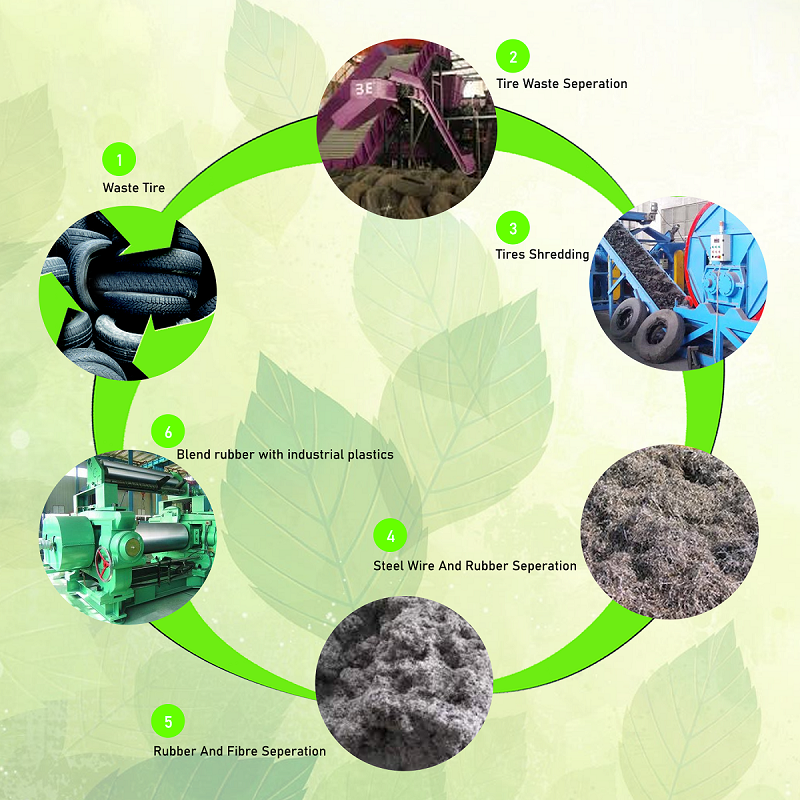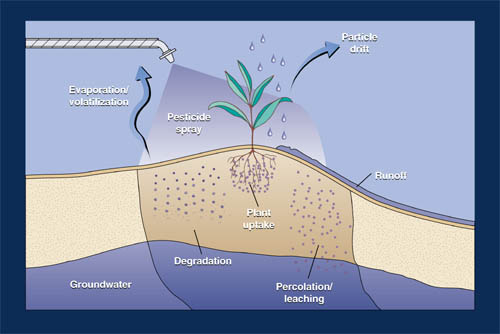Maple Leaf Marketing Industrial Projects W.L.L. is a specialized company in the advanced tire recycling technology with ZERO POLLUTION.
Maple Leaf Marketing Industrial Projects W.L.L. is incorporated company in the Kingdom of Bahrain, specialized in the funding and transfer of Technology for Industrial projects for the past 16 years. Maple Leaf Marketing Industrial Projects W.L.L. goals is to satisfy the high demand of needed quality tested, advance technology processes, the selection of the proper technology that satisfy


Leaching is one of the biggest problems with discarding old tires due to the chemicals & heavy metals they contain. As tires degrade over time these chemicals and metals seep into the environment which can have lasting negative effects.
Tires contain the metal Zinc (Zn) overconsumption of which can lead to nausea, vomiting, loss of appetite, stomach cramps, diarrhea, headaches, lower immunity, and damages to the stomach lining. Zinc is also highly toxic to many species of plants, invertebrates, and fish.
Another component of tires is the chemical styrene (C8H8) a neurotoxin that is reasonably believed to be a human carcinogen.
Most important is that “properly” recycled tires that are turned into a turf fields for playgrounds or as asphalt for roads can still leach chemicals and metals into the environment.
Discarded and undisturbed tires can quickly become a breeding ground for pests.
When it rains the hollow middle of a tire will fill up with water. This water will become an ideal place for mosquitoes to lay their eggs. This allows for greater diversity among the mosquito population as well as an increase in population size which will lead to an increased spread of diseases among both humans and animals.
Tires can easily be set ablaze and once burning they are near impossible to put out.
There have been over a dozen tire fires in the United States in the last 40 years.
When tires burn they are uncontrollable and release deadly chemicals: cyanide, carbon monoxide (CO), sulfur dioxide (SO2), and styrene (C8H8) into the atmosphere; all of which have a severe negative impact on the atmosphere, air quality and the local population.
Certain disposal sites will intentionally burn tires for the creation of tire-derived fuel. Tire-derived fuel is created by mixing shredded tires with other fuels like wood or coal and burning them in a process called pyrolysis to produce diesel. This process is still the cause of major pollution and harm to the environment.